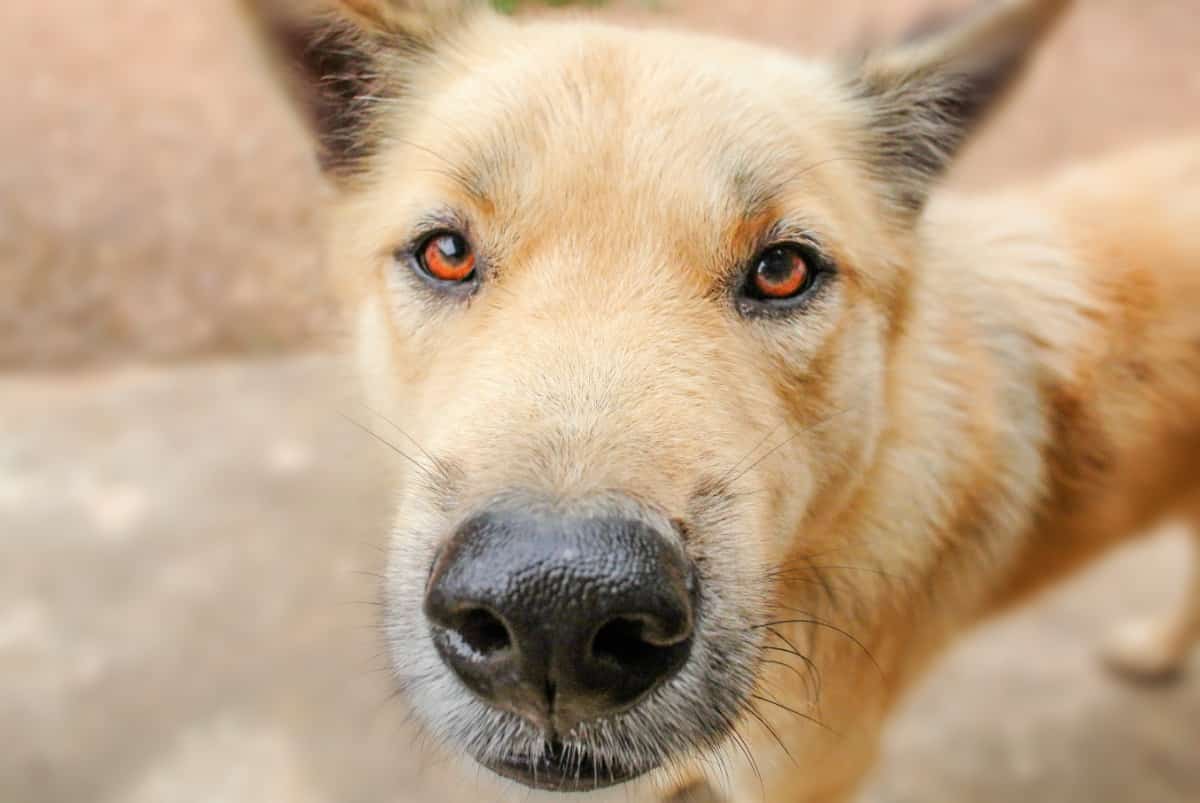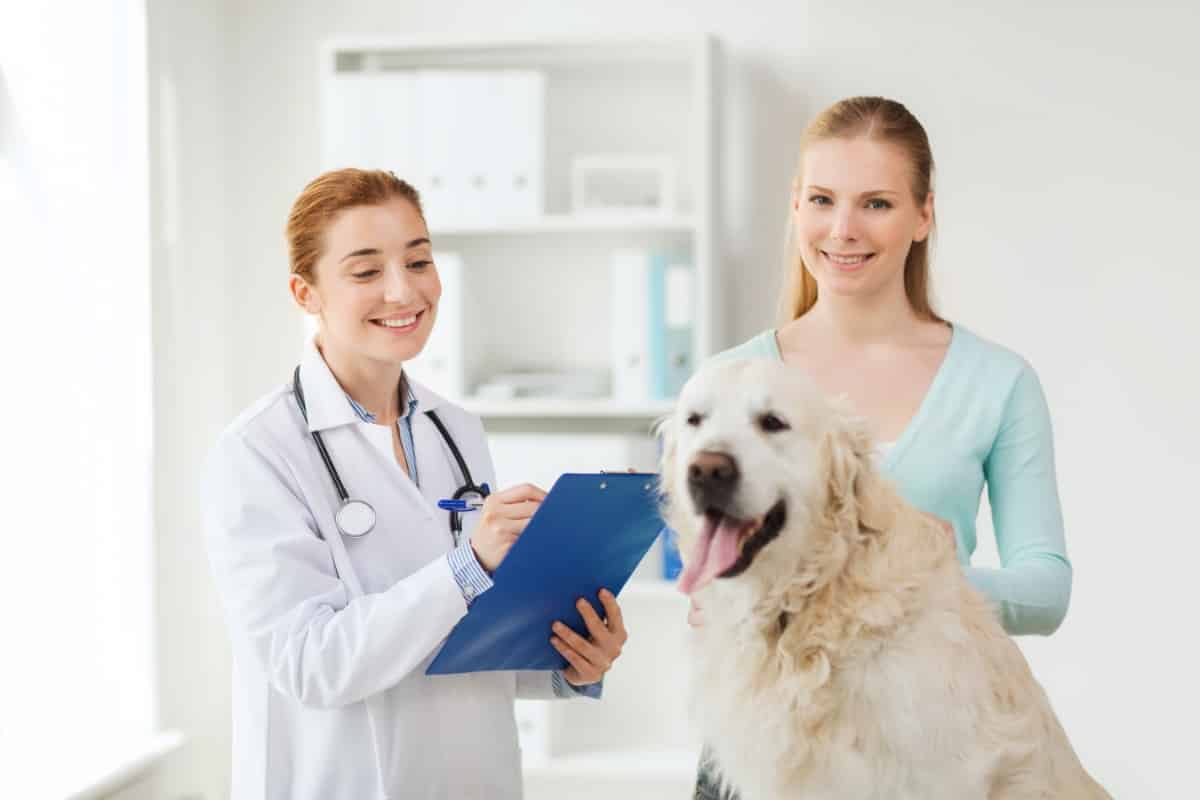Unlike humans, dogs are not able to communicate how they are feeling to their friends and human companions. With this in mind, it is very important to be aware of their physical conditions and ready to step in and provide care if your dog is unwell. As a dog owner, it is essential to know what to look for when it comes to your pet’s health and well-being. In our article today, we will take a look at a fairly common condition that can have serious health implications. Do you know what the warning signs, symptoms, and treatment options are for dogs with kennel cough?
Read on to learn more about this fairly common canine health complaint.
What is Kennel Cough?
Has your dog been besieged by bouts of coughing and hacking, almost as if they are choking on something? Do these coughing spells last longer than usual and occur frequently, almost constantly? If you answered yes to these questions, your dog may be suffering from an especially infectious disease called “kennel cough”, or tracheobronchitis.
While the sounds coming from your dog may certainly seem alarming, and your poor pooch may not be in the best spirits, there is little cause to fear. Oftentimes, these conditions can be treated and cured without incident.
Just like their human counterparts, dogs can catch colds and illnesses caused by viral and bacterial infections. There are actually several different viral or bacterial culprits that can play a role in infecting your dog with this unpleasant respiratory condition. Culprits include a bacteria called Bordetella, parainfluenza virus, and canine coronavirus.

How is kennel cough spread?
Dogs will contract these conditions much like any other illnesses. Bacteria and viruses can be passed from dog to dog as small particles are pulled into the respiratory tract where they can cause trouble.
A healthy dog will have plenty of mucous in their damp nose to trap these particles and safely avoid infection. But, if your dog is already suffering inflammation in the respiratory system, they may not avoid the bacteria that cause infections.
Dogs are also very sociable animals and get to know each other through close physical contact and sniffing. Furthermore, dogs will typically share toys, food and water with no thought of illness being transmitted. Because this viral and bacterial infection can be inhaled to the lungs or ingested to the body so easily, kennel cough can travel fast through a canine community.
With this in mind, there are some risk factors that can increase your dog’s chances of contracting kennel cough. Here are some things to be especially careful with.
- Extended periods of times in poorly ventilated or crowded kennels – hence the name.
- Cold temperatures
- Dust and smoke
- Stress
Within a week of exposure to the infection, your dog will begin developing the symptoms of kennel cough.

What are the Symptoms of Kennel Cough?
Kennel cough is characterized by its most prominent symptom, a coarse and constant coughing. The dry cough will sound like it is coming from deep in the dog’s throat and can even have a honk-like sound similar to what you hear from a goose.
The bacterial cough can also be identified by a few other symptoms. These include:
- Consistent sneezing
- Runny nose
- Eye mucous
- Lack of appetite
- Diminished energy levels
Kennel Cough Treatment
In most cases, proper medical attention will bring your dog’s health back to normal within just a week or two. Your dog will also need plenty of rest during this time. It is common for doctors to prescribe medication for soothing the symptoms of the cough and preventing further infections.
The first thing to do if you believe your dog has this bacterial infection is not to panic. Although the coughing and hacking may sound critical, kennel cough is not a serious condition. However, it is important to remember that it is highly contagious and you should keep your sick dog away from all others. Contact your veterinarian as soon as possible and follow their advice.
A healthy dog will be able to beat this condition in just a few weeks, but there are some good reasons to consider taking your dog for treatment with a veterinarian. Your veterinarian will be able to prescribe medications for soothing the hoarseness and irritation your dog is suffering. Additionally, your veterinarian can prescribe antibiotics to ensure that no other infections occur at this sensitive moment.

Doctors are here to give advice on recovery and treatment. Your doctor may recommend using a harness to walk your dog as opposed to the regular collar, especially for energetic dogs that pull hard on the leash.
Additional Reasons to Visit the Vet
Another important reason to take your dog to the vet if you believe they have kennel cough is if they are older or have poor health. Bacterial infections can lead to pneumonia if not handled properly and quickly.
Then, there may be other reasons for the dry hacking cough. Only your vet will be able to properly assess the reasons behind the apparent symptoms of kennel cough. If your dog begins to breathe heavily or refuses to eat altogether, the underlying cause of the symptoms could be more serious.
Can Kennel Cough Be Prevented?
The best way to prevent kennel cough is to keep your dog’s health levels high and their living conditions clean and sanitized. But, there may be situations where your dog will experience prolonged exposure to many other dogs and potentially exposed to the pathogens that can cause infections.
If your dog will be attending a competition or placed in a care service that keeps your dog in close proximity to many other dogs, you may be interested in vaccinating them against kennel cough. As a matter of fact, many of these services and events will not accept dogs that have not received their proper vaccination.
There is a vaccine that is effective at treating the Bordetella bacteria responsible for most cases of kennel cough. This is administered in a variety of intervals of different doses to ensure maximum efficacy. Booster doses are also applied twice a year.
The thing to keep in mind is that kennel cough can be caused by other bacterial and viral attacks other than Bordetella. Even with the vaccination, there is still a chance that your dog will contract the bacterial cough.
For more information about kennel cough and how you can best protect your dog from this condition, talk with a qualified veterinarian today. After an examination, your vet will help you hammer out a healthy plan to keep your dog safe. Latchkey Pets cares for your dog and provides daytime dog walking services and vacation pet sitting services. Keep your dog safe with the best care possible, and call Latchkey Pets today to learn more.
